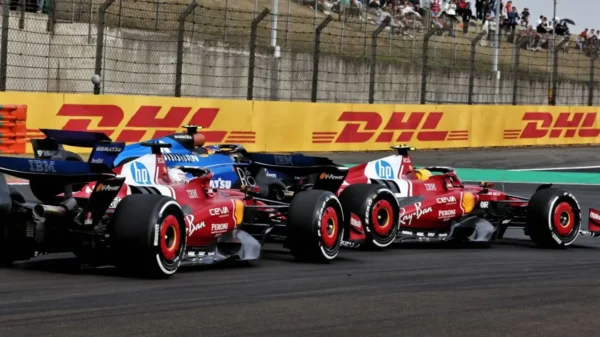The Importance of Adaptability
During the recent Chinese Grand Prix, adaptability was crucial, as highlighted by Williams team principal James Vowles. As teams navigated the challenging conditions at Shanghai, it became clear that those who could adjust their strategies effectively would have a competitive edge.

Ferrari’s Disqualification: A Lesson in Strategy
Ferrari, thought to have achieved a commendable fifth and sixth place with Charles Leclerc and Lewis Hamilton, faced a shocker when disqualifications reversed their fortune. Leclerc’s car was found to be one kilogram underweight, while Hamilton’s skid block exceeded the allowed wear limits. This incident underscores how small mistakes can greatly impact results, especially in a tightly contested race.
Williams’ Performance and Competitive Context
In light of Ferrari’s misstep, James Vowles reassured fans that there was no tarnish on Williams’ performance. With Alex Albon finishing seventh and Carlos Sainz earning his first point with Williams, the team stands level with Ferrari on 17 points in the constructors’ standings. Vowles notes that achieving every detail right is becoming increasingly vital as competitiveness elevates. The team’s adaptability in managing tire graining further exemplifies their strategic approach during the race.



